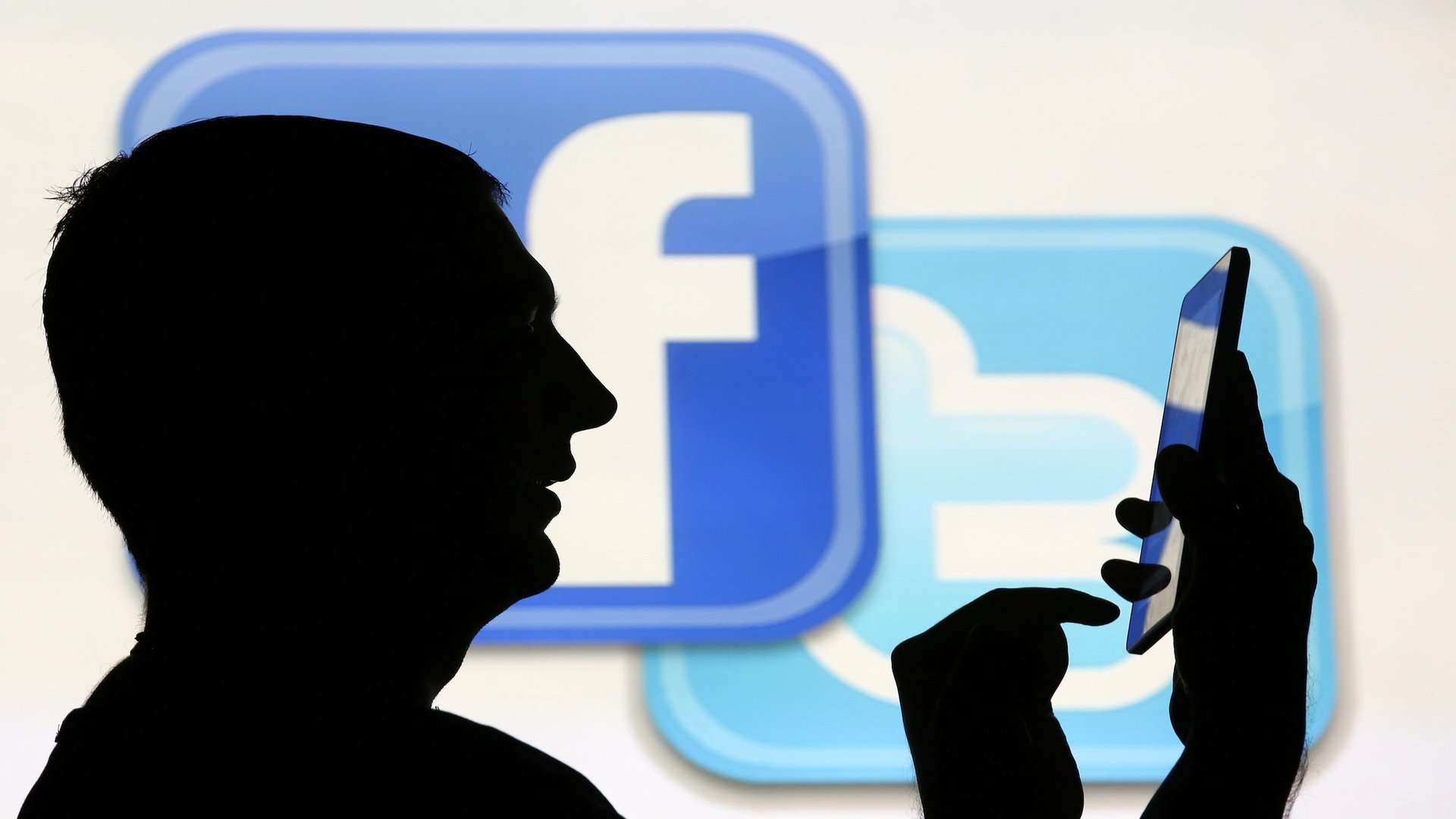Government’s use of Facebook, Twitter and Gmail is illegal, former BJP leader argues in court
The Narendra Modi government has embraced social networks such as Facebook and Twitter with gusto. Modi is one of the most followed politicians in the world. Since coming to power, he has drastically reduced his interaction with the press. He has also encouraged his ministers and law makers to do the same.


The Narendra Modi government has embraced social networks such as Facebook and Twitter with gusto. Modi is one of the most followed politicians in the world. Since coming to power, he has drastically reduced his interaction with the press. He has also encouraged his ministers and law makers to do the same.
The government’s updates on networks such as Facebook and Twitter have now assumed greater significance because of the scarcity of what it says otherwise.
But now, a former Bharatiya Janata Party leader and senior right-wing idealogue is arguing in court that the use of US-based networks such as Facebook and Twitter violates an Indian law that expressly prohibits transfer of government data to another country.
K.N. Govindacharya, a senior figure in both the Bharatiya Janata Party (BJP) and its parent the Rashtriya Swayamsevak Sangh (RSS), petitioned the Delhi high court in 2012 saying the Indian government is violating Indian law by using private email services and social networking websites for official communication. Govindacharya is no longer part of the BJP, having fallen out with the party in the late 1990s.
While Govindacharya’s public interest litigation (PIL—a uniquely Indian legal concept under which anybody can approach a constitutional court on a matter deemed to be in the public interest) was filed during the tenure of the previous Congress-led government, it is coming up for hearing now.
Because Twitter and Facebook are US companies, there is added political sensitivity to the issue. India’s foreign minister Sushma Swaraj recently told US secretary of state John Kerry that snooping by the US was unacceptable. Whistleblower Edward Snowden had revealed BJP was among the top political parties spied on by the NSA in 2010.
Virag Gupta, lawyer for Govindacharya, said social networking sites such as Facebook and email services such as Gmail have their servers outside India. Therefore, the information shared on these website is routed through other countries such as the US.
Gupta says using Gmail and Yahoo for official communication may result in transfer of sensitive information to foreign countries thereby violating India’s Public Records Act. The act says: “no person shall take or cause to be taken out of India any public records without the prior approval of the central government.”
“When you open a Facebook account, you have to accept a 12-14-page agreement in which you give consent for transfer of all your data from India to the US and also for any type of usage of that data. The Public Records Act clearly states that no government data can be transferred outside India. And here you are signing a written agreement allowing that. How can you do that?” Govindacharya told Outlook.
Modi is an avid user of social media and is one of the five most followed world leaders on Twitter with 5.6 million followers.
His election campaign saw intensive use of social media, data analytics and technology. He has also been urging his party members to embrace social media. India’s ministry of finance and railways opened their respective Twitter accounts under Modi’s regime.
In 2013, the ruling United Progressive Alliance led by the Congress party had tried to stop the use of private email services by government officials. But it appears that it didn’t really work out.
Sanjay Jain, the lawyer representing the government, said the government already uses its own email servers nic.in, which is maintained by the National Informatics Centre. A new email policy is in the works, Jain told Quartz.